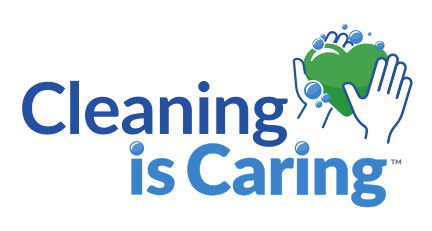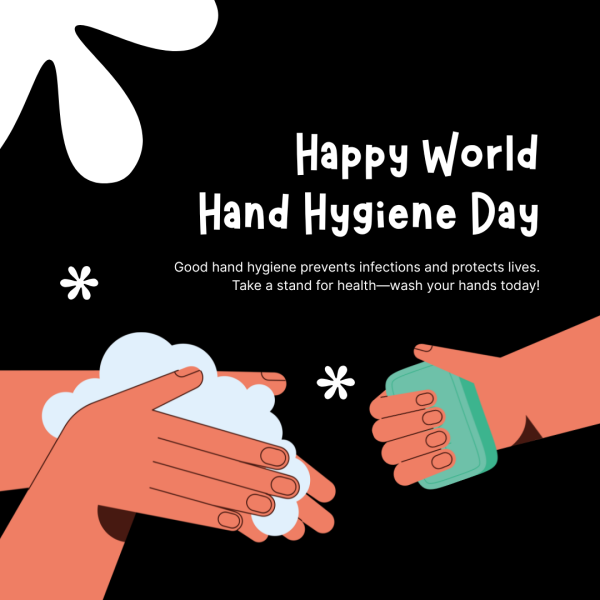May 5 is World Hand Hygiene Day. In 2025, the World Health Organization celebrates 17 years of this global campaign. It serves as a great reminder of the importance of hand hygiene in health care and to ‘bring people together’ in support of hand hygiene improvement globally.
To celebrate World Hand Hygiene Day, here are some hand hygiene do’s and don’ts:
Wash Your Hands the Right Way
- Wet your hands with clean, running water (warm or cold), turn off the tap, and apply soap.
- Lather your hands by rubbing them together with the soap. Be sure to lather the backs of your hands, between your fingers, and under your nails.
- Scrub your hands for at least 20 seconds. Need a timer? Hum the “Happy Birthday” song from beginning to end twice.
- Rinse your hands well under clean, running water.
- Dry your hands using a clean towel or air dry them.
Don’t
- Use hot water to wash hands. It tends to promote chapping which can make hands more susceptible to bacteria.
- Run water over hands when lathering.
- Touch the sink surface after washing hands.
- Skip handwashing if you don’t have soap and water. An alcohol-based hand sanitizer with at least 60% alcohol can be a replacement (see below)
When to Wash Your Hands
- Before, during, and after preparing food
- Before eating food
- Before and after caring for someone who is sick
- Before and after treating a cut or wound
- After using the toilet
- After changing diapers or cleaning up a child who has used the toilet
- After blowing your nose, coughing, or sneezing
- After touching an animal, animal feed, or animal waste
- After handling pet food or pet treats
- After touching garbage
- Clean your hands anytime they are dirty
When to Use Hand Sanitizer
Washing hands with soap and water is the best way to reduce the number of germs on them. If soap and water are not available, use an alcohol-based hand sanitizer that contains at least 60% alcohol. Alcohol-based hand sanitizers can quickly reduce the number of germs on hands in many situations, but sanitizers do not eliminate all types of germs. Hand sanitizers may not be as effective when hands are visibly dirty or greasy.
A simple way to stay healthy
If you make hand-washing a habit, it can play a big role in keeping you healthy.
Resources


TELL US WHAT YOU THINK (0)